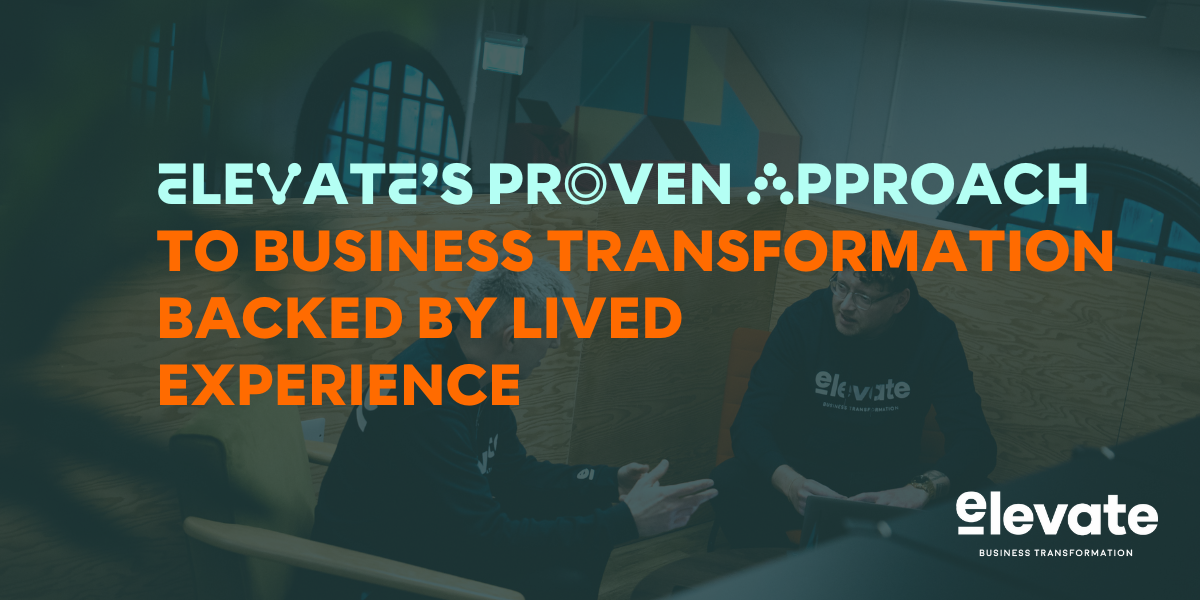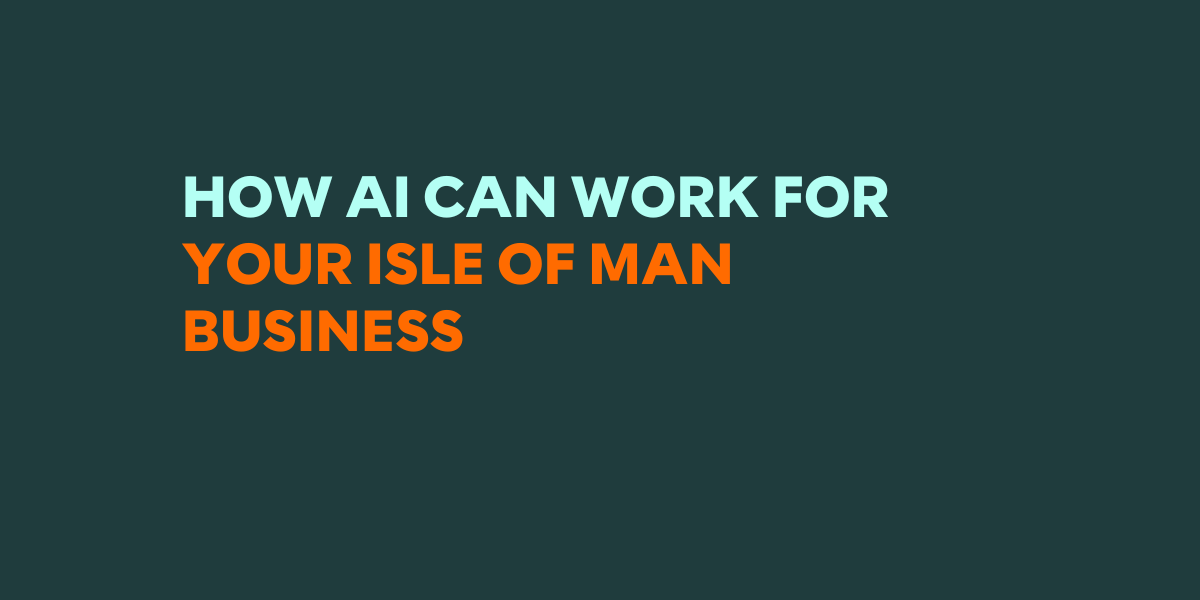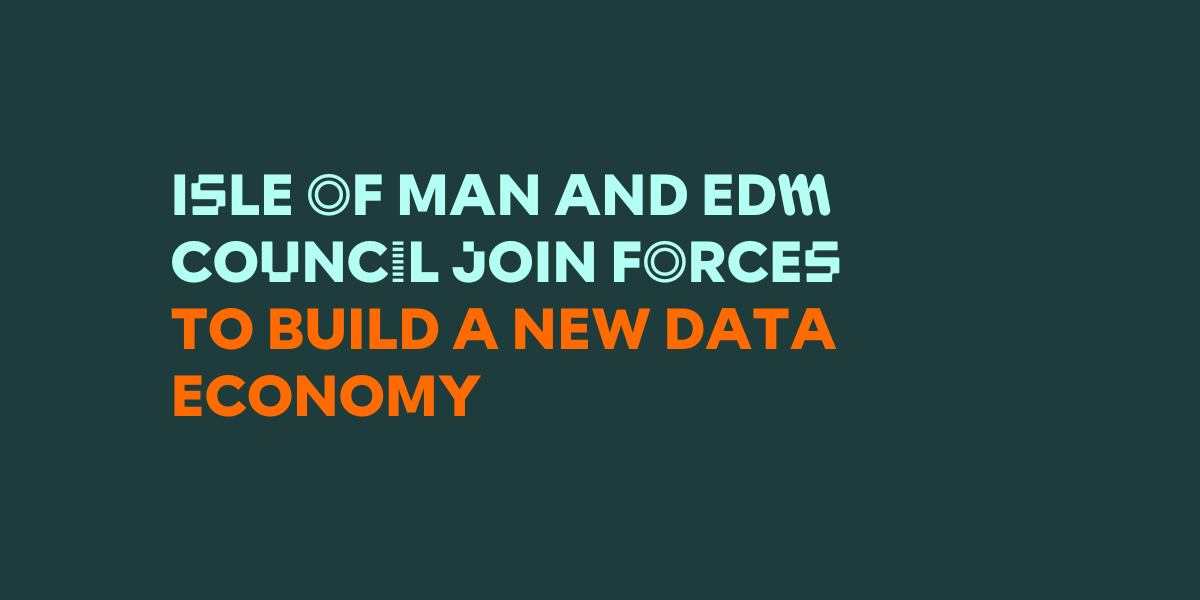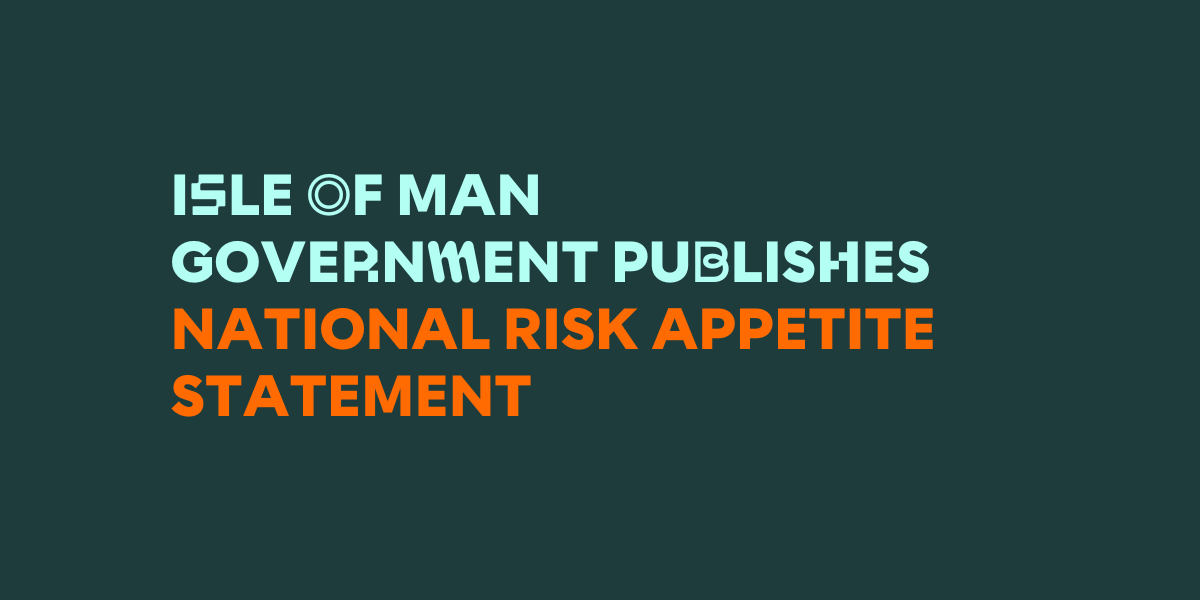Digital Matters: Data really is your most important business asset
09 October 2018

In business, data is a key driver of competitive advantage.
Data with actionable insights will allow a business to better understand its customer, optimise operations and outperform its competition – leading to increased profits and lower costs.
Charities and not-for-profits can use data to identify patterns of giving, recognise supporter motivations and develop insightful views of their donors, allowing them to raise more money, from the right people.
A misconception is that data only benefits large companies. The truth is that with the advent of cloud platforms, data storage, AI, reporting and analytics tools are accessible and affordable. Data analytics is no longer confined to the armoury of the large enterprise, creating opportunities for organisations of every size!
Governments can use data to make more informed policy decisions, improve public service delivery and maintain a real-time view of the economy and public services.
In the case of the Isle of Man, data, with a twist of innovation and by using inexpensive sensors, may be able to solve many of our own challenges. What causes the queues at the airport? How many people visit the Island? Does air pollution vary throughout the day?
These challenges can be tackled more effectively when we unleash the power of data.
Where to start?
Define the objective.
The objective may be a problem to solve, a question to answer or a goal to reach. Who are my best customers? How can I improve cash-flow? Who are my highest performing staff? What do customers think of my service? A more ambitious objective could be to identify a new business model or new sources of revenue.
A word of warning, unless you can articulate a specific business challenge or goal, then speculatively collecting and mining a ton of data will most likely be a waste of time, money and resources.
What data do I have?
The next step is to understand the type of data your business currently collects and stores. To do so, you will need a detailed understanding of your business processes, systems and operation – whether computerised or not.
In larger organisations, this may require a business analyst or the need to engage a multitude of stakeholders. In a smaller business, it may just require the owner or a subset of people.
Engaging people at board level is equally important as it is to engage those at the coal-face, who have a different perspective of the business operation.
You also need to consider two further questions: Do you have access to data or the opportunity to collect additional data? Is there any other data that you collect or have access to that you currently ignore or discard?
In my experience, these, often overlooked opportunities can yield great results. These additional approaches can be used to support existing assumptions or lead you to establish new insights that will help achieve your objectives.
Common examples of untapped potential include transactional data that in isolation is meaningless, but when correlated against other data sources could yield results.
Another example would be to use inference, where a process of data analysis on an unrelated data source would allow you to deduce other characteristics that aid your objective.
Organisations can also bring in data from external sources (free or paid-for) that can be used to enhance their analysis capabilities.
If you do not currently store data in any form, then you should! For most customer-centric businesses, a CRM (customer relationship management) system is a must. Larger organisations may have an industry specific application (e.g. practice management, SAP, EPOS, inventory management) or in some cases, their own in-house developed systems.
Analysis and insight development
“Torture the data and it will confess to anything” – Ronald Coase
This stage focuses on the analysis, mining and querying of data to derive meaningful results and insights.
There will be a further inevitable element of cleansing, tidying up and normalisation of your data, making your data clean and usable.
Recall your business objectives, then consider – with the data at hand – how you can derive insights or trends that can help achieve your goals.
This could take two forms: analysing existing patterns to support hypotheses or identifying new trends.
It is difficult to prescribe a single solution to this stage because it depends so much on the nature of your business, your data and your business objectives.
If your business uses an off-the-shelf CRM or similar system, chances are it will have its own reporting and analytics functionality. Basic data analysis may take place in Excel or a database such as MySQL or SQL Server. More advanced applications include Tableau, Power BI and Qlikview. These tools can produce rich reports and real-time dashboards that may unravel trends and insights that you never knew existed.
Mature organisations have real-time dashboards displaying metrics relating to cash-flow, sales statistics, risks, IT and operations, call-centre and customer sentiment.
Implementation and transformation
Transforming insights into action is the name of the game here.
Listen to your data, implement the necessary changes, then measure the impact. The feedback loop may be instant, or it could take weeks or months before you see the results. This stage is highly rewarding, particularly as you see the impact of your changes and you edge closer to your objective.
Two words of caution: data protection and cybersecurity. With data comes great responsibility, which means the need to remain compliant with data protection law (notably GDPR) and you must safeguard the data in your possession, acknowledging the need for robust cybersecurity controls. The data is a real asset – protect it.
The Isle of Man Opportunity
Research from McKinsey reports how organisations who embrace data can out-perform their competition, increase margins and engage their customers in a more effective manner.
A recent OECD report stated that more data, and better data, can lead to new products and services, optimised business processes, better organisational management and faster innovation.
Across all industries, data has been proven to enhance competitive advantage, increase profits and identify new sources of value.
From an Isle of Man standpoint, this can positively impact GDP and the wider economy. The benefits however are not just financial, data can improve quality of life, education, healthcare and public service delivery.
I believe data is a truly powerful asset that can be used by your organisation to drive positive change. With the advent of cloud technologies and platforms, data analytics capabilities are far more accessible and affordable than ever before.
As part of my new responsibility on the board of Digital Isle of Man, I’ve been advocating the importance of data and the valuable impact it can have on transforming our digital economy.





